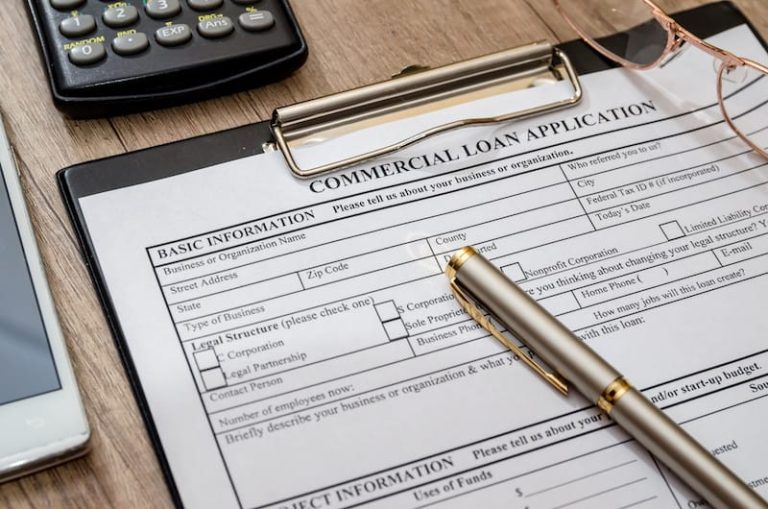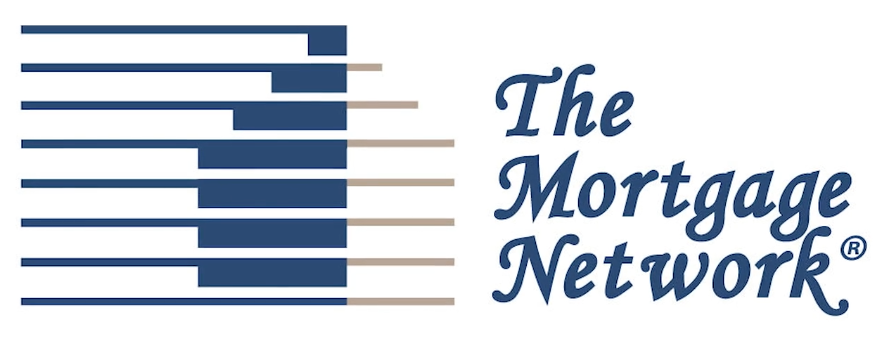With home prices and mortgage rates as low as there are, it’s an attractive time for young people to buy their first home. But many are unsure whether they can qualify for a mortgage.
To be sure, the current generation is less enthusiastic about home ownership than their elders were. They’ve seen the potential downsides in the crash of the housing market and expect to move among different jobs over the course of their careers, so getting anchored to a house is less appealing to them.
At the same time, home ownership still has a lot to offer a young person or couple just starting out on their careers. In most parts of the country, buying a home is more economical than renting – an average of 45 percent cheaper in the 100 largest U.S. metropolitan areas, according to recent figures from Trulia.
There’s also the opportunity to begin building home equity when prices are low, which you don’t get if you are renting.
For young people, the same as for everyone else, qualifying for a mortgage comes down to three basic things: credit, income and down payment (there’s also the matter of the home appraisal, but that’s about the property and not the borrower’s own qualifications). Let’s look at each one separately.
Credit
This is the one that worries most young people who are just starting out – that they haven’t established any credit yet. The good news is that many of them are worrying needlessly – many already have better credit than they suspect and if they don’t have credit, it can be established fairly quickly – in about two years.
According to Experian, a person with a single major credit card and no other credit can, with two years of regular and responsible use, build up to a FICO credit score of 740 or higher – enough to qualify for a mortgage at an attractive rate. Other regular debt payments, such as on student loans or an auto loan co-signed by a parent, can also help build your credit.
Some young people are worried that they may have tarnished their credit with unpaid bills. These are often cable or utility payments that were missed due to tight finances, oversight or disputes with roommates.
The good news is, unless they were referred to collection, monthly bills for services rarely affect your credit score.Instead, your credit score is primarily concerned with how you handled credit debt – repayment of money that has been loaned to you, as in credit cards, auto loans and the like.
Even if you’ve been late on a credit card payment or two, it won’t affect your score unless you’re at least 30 days late – getting hit with an occasional late fee isn’t a problem. In terms of credit scoring, a late payment is one that hasn’t been made by the time the next payment is due.
Down payment
Many young people don’t even bother to look into buying a home because they assume they couldn’t afford the down payment. And it’s true, lenders have gotten much more demanding in this area than they were before the crash.
However, that doesn’t mean you have to come up with 20 percent or more to get a mortgage, despite what you may hear. If your FICO credit score is 720 or above, you should be able to qualify for a standard, conforming mortgage (backed by Fannie Mae or Freddie Mac) with 10 percent down, though you will have to pay for mortgage insurance if you put down less than 20 percent.
You can also still get an FHA mortgage for as little as 3.5 percent down. FHA loans charge more for mortgage insurance than you would pay on a conforming mortgage, but the interest rates tend to be a bit better, so that helps. There are some limitations on how much you can borrow with an FHA mortgage, but if you’re looking for a starter home, that shouldn’t be an issue.
Veterans and active duty members of the military can qualify for a VA mortgage, which is one of the only home loans that are still available with no down payment. The other is a USDA Rural Development loan, available in rural and many suburban areas, although there are purchase price and income restrictions, and the waiting list can be fairly long.
Income
The third major element is your income. The bank will want to be sure you can afford a monthly mortgage payment, including homeowners’ insurance and property taxes, which are typically billed along with the mortgage.
Generally, a lender will require that your monthly mortgage payment, including taxes and insurance, come to no more than about 30 percent of your monthly gross income. In addition, your total monthly indebtedness – what you would pay for the mortgage and any other monthly debt payments such as an auto or student loan – should come to no more than 43 percent of your monthly income, although some lenders prefer to see it no higher than 36 percent.
In addition to how much you earn, lenders will want to be sure your job is a stable one. For someone just starting out on a career, they’ll usually want to see that you’ve been in the same job for at least two years, and that you’re working in a fairly stable field.
If you’re self-employed, lenders will want to see at least two years of tax returns, and perhaps some of your business records as well. The amount they’ll lend will be based on the lower of the two years of income. However, since you’re still fairly new at this, lenders may want to see a more established track record before granting you a mortgage.
If you’re married or otherwise in a relationship, you and your spouse or partner can count both of your incomes when applying for a mortgage you’re taking out jointly. However, if one of you has damaged credit, you may need to apply under just one person’s name and income, since lenders look at the lower of the two scores when evaluating an application.
Getting approved for a mortgage isn’t as easy as it used to be. But if you can meet the standard criteria for credit score, down payment and income, you should be approved with no problem.
By Kirk Haverkamp
First published on MortgageLoan.com at: http://www.mortgageloan.com/mortgages-and-younger-borrower-9247





